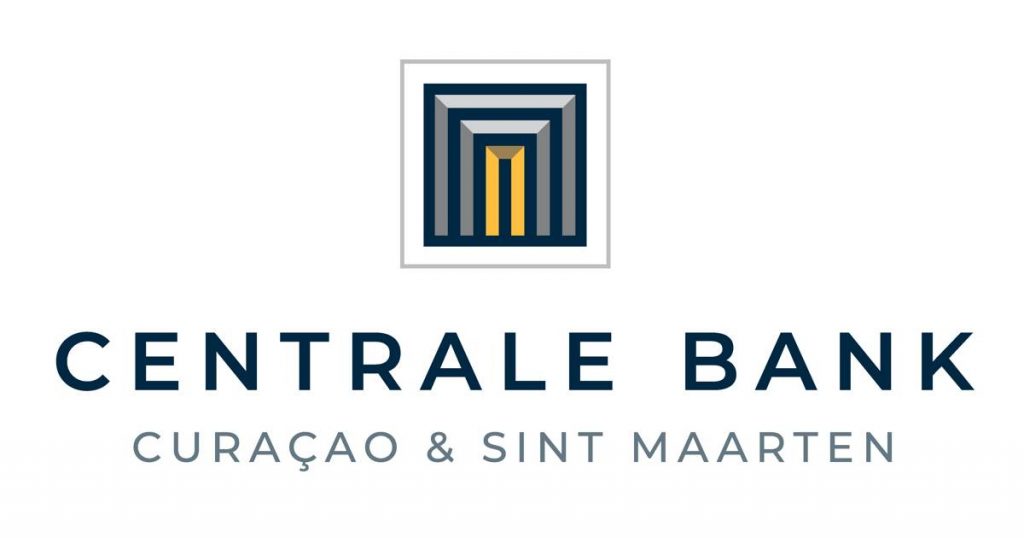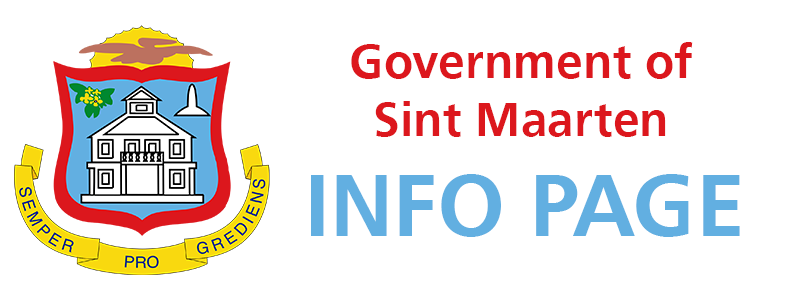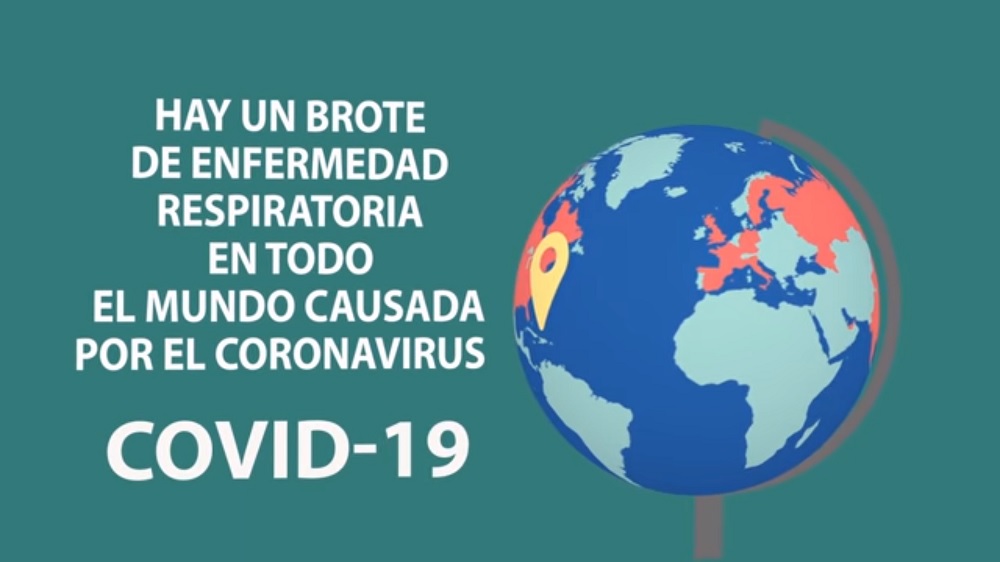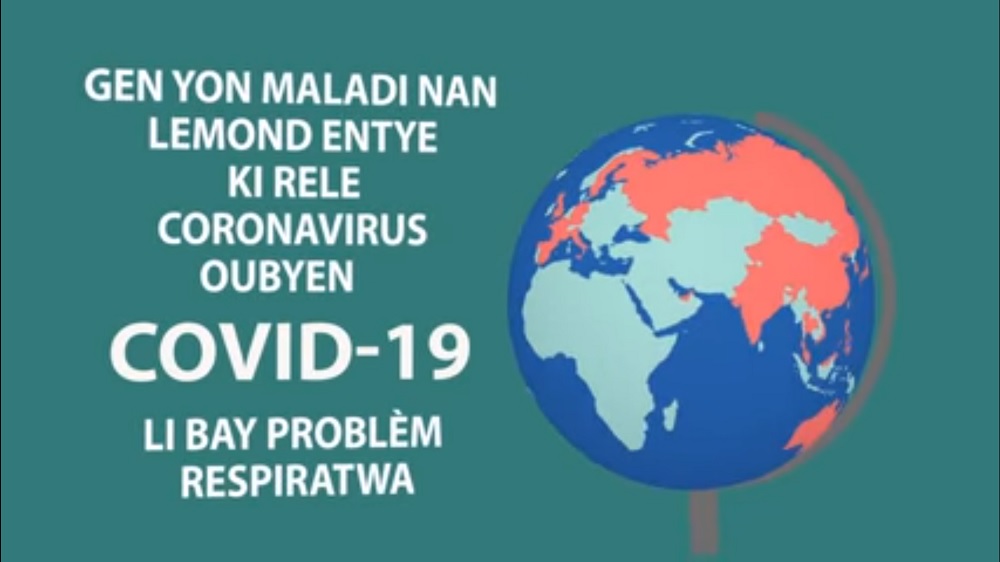Amid soaring commodity prices Targeted support to most vulnerable groups in society should be considered
Willemstad/Philipsburg – “The war in Ukraine and COVID-related lockdowns in China have pushed both oil and non-oil commodity prices higher and worsened supply chain bottlenecks, further increasing already elevated inflation. The higher international commodity prices are also fueling inflation across the monetary union which is projected to also remain elevated next year,” explains Centrale Bank van Curacao en Sint Maarten (CBCS) President Richard Doornbosch. Against this background, Doornbosch recommends that the governments of Curaçao and Sint Maarten implement targeted support to the most vulnerable groups in society. The soaring commodity prices on international markets is a common element running through all chapters of today’s published Economic Bulletin of September 2022 of the CBCS.
Doornbosch further explains that the CBCS’s monetary policy options to tame inflation under these circumstances are very limited. “Given the exchange rate peg, the CBCS does not have an inflation target but employs its monetary policy instruments towards safeguarding exchange rate stability,” he says. Over the past fifty years, this has contributed to a controlled price development. But the global high inflation translates through higher import prices to higher prices in the stores on Curaçao and Sint Maarten.
Given the limited monetary policy options, the governments of Curaçao and Sint Maarten need to assess what policy steps could be taken to manage the impact of high inflation. Both countries have already taken a first step in reducing excises on gasoline to provide some alleviation to households and businesses for the rapidly rising fuel prices. ‘A reduction in fuel prices has helped to cushion the initial blow, but will largely affect the higher income groups in society’, says Doornbosch“At the same time, prices of other necessities, including staple food, are also increasing rapidly. As prices are projected to remain elevated over the medium term, both governments should consider shifting to more targeted measures towards the most vulnerable, low-income groups in society.”
According to Doornbosch, price controls such as price ceilings or maximum prices seem to be an appealing policy measure in times of soaring inflation. Through maximum prices, inflation expectations are moderated and, hence, the risk of inflation becoming self-fulfilling is reduced. However, price ceilings can potentially distort the market and, as a result, cause an inefficient allocation of resources with the risk of shortages in the regulated market. Price ceilings may even result in the development of a black market. To avoid shortages, governments could alternatively decide to provide compensation to producers or, in our case, importers. However, this leads to higher government spending and, hence, worsens the fiscal stance. “Given the distortionary impact of price controls, augmenting the basket of goods that is regulated through maximum prices should be done with caution. Specifically, the measure should only be temporary and limited to those goods that have a large share in, particularly, low-income households’ expenditures”, Doornbosch argues. “Another more efficient option is targeted support to the most vulnerable groups in society through, for example, food vouchers or a temporary allowance for people in social assistance and for the elderly with only an AOV pension. This alternative is less distortionary than expanding the basket of goods subject to maximum prices and less costly than reducing taxes”, he concludes.
In the meantime, amid the surge in international commodity prices, the CBCS has revised its inflation projection upward by 0.2 percentage point for both Curaçao and Sint Maarten from the outlook presented in June 2022. “The inflation rates are projected to reach 6.3% in Curaçao and 6.1% in Sint Maarten in 2022. Meanwhile, albeit lower than in 2022, inflation is expected to remain elevated at 4.2% and 4.0% for Curaçao and Sint Maarten, respectively, in 2023. The higher inflationary pressures erode consumers’ purchasing power and, as a result, private consumption,” Doornbosch points out.
The complete text of the September 2022 Economic Bulletin is available on the CBCS website at https://www.centralbank.cw/publications/economic-bulletins/2022.










